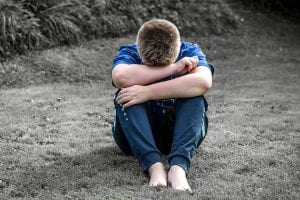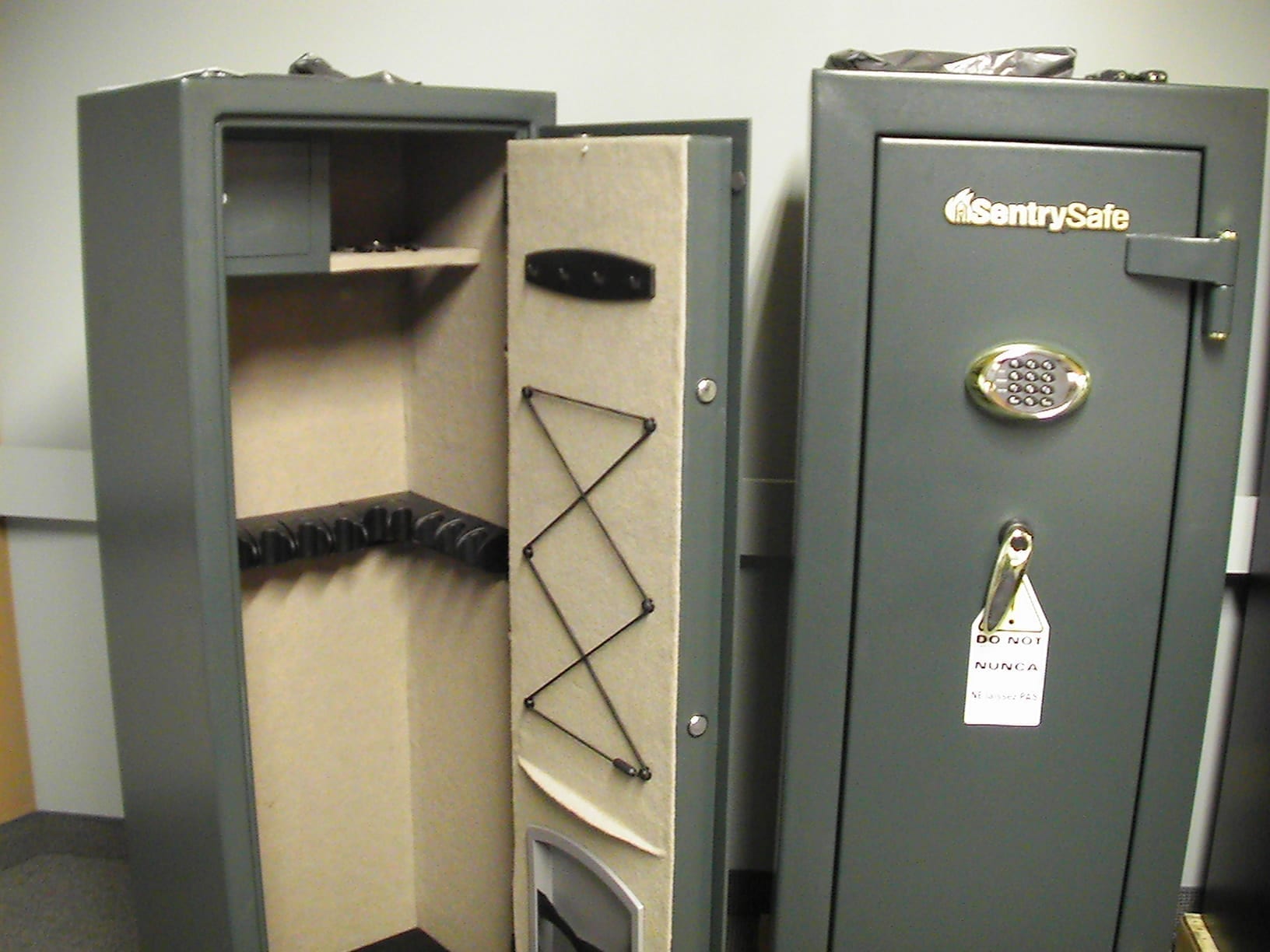Talk to your kids and teach them about the dangers of firearms and all the safety precautions they can take. The old cliché “Better safe than sorry” truly gets its meaning here!
It is devastating to read the statistics that say that gun-related injuries are the second-leading cause of death among kids in the U.S. and that they could largely be prevented. One in three American homes with underage kids has a gun, 43% of them keep them unlocked, and three in four kids aged 5 to 14 know exactly where they’re kept.
The result is that thousands of those kids die or are injured by a firearm every year. What all these cases have in common is that many of them are preventable with only a few precautionary steps.
Gun injury prevention at home
The first step to gun injury prevention is eliminating access to guns. Simply put, do not keep it at the house. With weapons removed, children will have no opportunity to come into contact with a firearm, whether they stumbled upon it by accident or they knew where it was stored.
If you feel you need your firearm in the house for the overall safety and protection of your family, keeping it properly stored is an absolute must. All firearms must be unloaded and secured in a gun cabinet with ammunition kept in a separate cabinet. Keys to these cabinets should also be inaccessible to kids.
Some people consider gun cabinets an inefficient place of storage and rather choose a high-quality gun safe to store their firearms. It pays off to do the research and find the one that most suits your budget and your needs and there’s a lot of choice – upgraded opening mechanisms, anti-theft protection, portable, mounted with quick digital access, and many more. One thing you shouldn’t assume is that just hiding your firearm will be enough. Most kids know where you keep it stored even without your knowledge and kids as young as three can be strong enough to pull the trigger. Therefore, there’s practically no age limit for a child to handle a gun so storing it properly is the safest option.
At other people’s homes
There’s really no way you can be responsible for what other people do in their homes, but if your children spend a lot of their time playing with friends in their homes, you should ask the friends’ parents if they own firearms and how they store them. This should be a normal discussion topic just like talking about allergies, medical conditions, using sunscreen, and eating healthy snacks. If you know there are firearms in those homes, urge the owners to keep them stored, locked, and unloaded.
Guns and teens

Many parents of teenagers loosen up the rules as the kids grow and they become less likely to store guns safely. This is a major concern as the statistics show that most gun-related injuries happen to teens. Being at their sensitive and formative age, teens are at a greater risk of attempting suicide with a gun that in 90% of cases ends in death. Moreover, if you know your teen is struggling with various emotional issues or even mental illness, it’s best to remove the firearms from your home and prevent any tragic events.
Educating kids
Many local communities offer a variety of programs for the education of kids on how to safely handle a firearm. These programs offer a framework for teaching gun safety to young people, but they don’t do much about preventing accidents. When most kids come into contact with a firearm, their excitement and curiosity overshadow whatever lessons they may have learnt on gun safety. Once they’re faced with a chance to play with a loaded gun, it’s hard for them to remember safety instructions. So, as a parent, teach your kids to never touch a gun and how to behave if they ever find themselves in the presence of a gun outside their home.
There is no such thing as a safe firearm and it’s only in cartoons that characters can get up and go about after they’ve been shot by a gun. In reality, people often die after being shot and kids are no exception. Staying safe is of utmost importance, so make an effort either to remove firearms from your home or, if you must have them in the house, keep them safely stored away unloaded and locked up. Talk to your kids and teach them about the dangers of firearms and all the safety precautions they can take. The old cliché “Better safe than sorry” truly gets its meaning here!


Join the conversation!